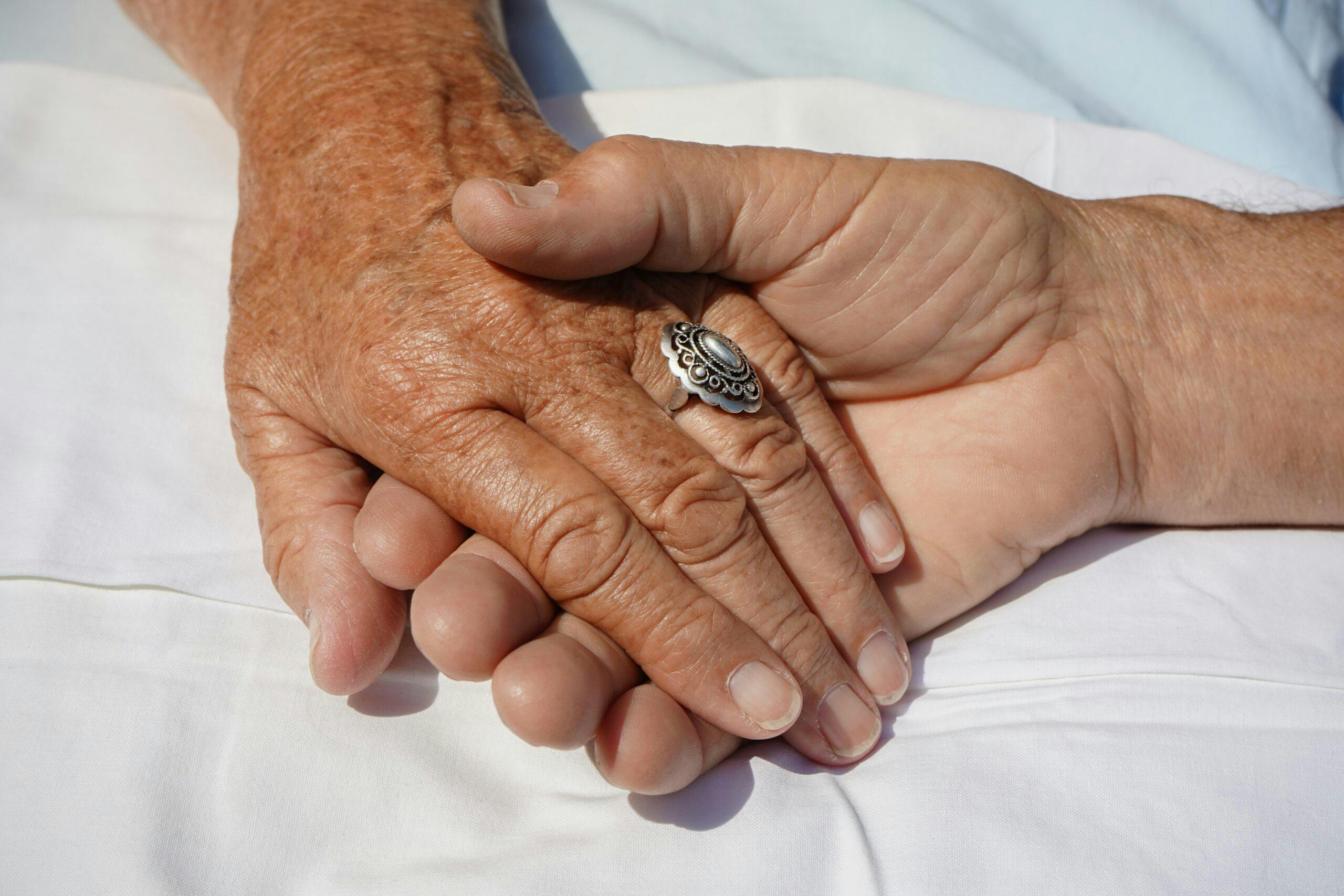What is Dementia and How Does it Affect Seniors?

Dementia is an umbrella term that refers to multiple symptoms that are inline and associated with memory loss.

Dementia often impacts elderly individuals, which reduces their ability to carry on with daily tasks that require cognitive thinking. Since ‘dementia’ is an umbrella term, a dementia diagnosis could mean a number of things, as there are several different types of dementia.
Perhaps the most recognizable and common type of dementia is Alzheimer’s, which accounts for roughly 60-80% of dementia cases. Other dementia types include Lewy Body Dementia, Vascular Dementia and Frontotemporal Dementia.
Each type of dementia, as well as each case, may present itself with varying signs of symptoms and may require different treatments.
However, dementia does have certain signs, symptoms and warning signs that at risk individuals should look out for.
What are the Signs and Symptoms of Dementia?
Although each individual case of dementia may vary in severity of signs and symptoms, there are several key signs and symptoms of dementia. Signs and symptoms include:
- Impaired memory or significant memory loss that is not consider a part of aging.
- Difficulty communicating and forming sentences.
- Difficulty with his or her sight, more so than gradual vision loss due to aging.
- Trouble focusing or paying attention to daily tasks.
- Judgement may be impaired, drastically at times.
Most individuals who have symptoms of dementia feel as though they progress over time, making his or her mental state worse. It is important to note that individuals who are aging may experience these symptoms as a simple side effect of getting older. If you or a loved one is experiencing these symptoms, it is imperative to get them to the doctor. Only a medical professional should advise whether this person is experiencing symptoms of aging or dementia related complications.
What Causes Dementia?
Although each type of dementia has a particular cause directly linked to it, the overall cause of any type of dementia is significant damage to a person’s brain cells. When the brain cells suffer significant damage, they are unable to execute functions properly and communicate to the rest of the cells in the body. The different types of dementia are depending on the area of the brain where the damage has occurred. When this happens, an individual suffers from the signs and symptoms mentioned above. Most damage that has been done to a person’s brain cells is irreversible and permanent, leaving the person at risk for developing a form of dementia.

Dementia_OneSheet_Master_for_Web
How is Dementia Diagnosed? Is it Treatable?
As aforementioned, only a medical professional should deliver an official dementia diagnosis. Although there is not a single way to determine if someone has dementia, there are several different tests, observations and examinations that can help a doctor determine whether someone has dementia. Individuals diagnosed with dementia may be referred to a specialist that can help with observation and a specific diagnosis.
Once an individual is officially given a dementia diagnosis, he or she will likely be given a prescribed care plan, as well as treatment to help them through the different dementia stages. Although dementia is not curable, it can be treated to help an individual feel as comfortable as possible, while temporarily mitigating their symptoms. Treatment will vary based on the individuals type of dementia and how he or she reacts to drug and non-drug treatment options.
All treatment options should be administered by a medical professional and should be monitored for possible side effects.
Can You Prevent Dementia?
Unfortunately, a few of dementias biggest risk factors, such as aging and genetics, are nonpreventable. Although that can be disheartening to hear, medical professionals have encouraged individuals to take a few risk factors into consideration, in order to maintain a healthy lifestyle and hopefully prevent any illnesses in the future, including dementia. Such mitigation includes:
- Routinely participating in physical exercise. Doctors believe that there is a direct connection between regular physical exercise and the blood or oxygen flow to the brain. Having a healthy flow of oxygen and blood to the brain can help prevent damage to brain cells, leading to dementia.
- Maintaining a healthy diet, especially with heart-healthy foods, can help an individual maintain a healthy heart, leading to a more consistent blood flow to the brain.
- Speaking openly with medical professionals about all risk factors, including cardiovascular issues, especially those that are hereditary. Medical professionals are able to discuss with individuals in great detail their medical history, as well as familial medical history. This will give all parties involved an idea of how likely the individual is to experience brain damage that could possibly progress into dementia down the line.
Living with Dementia
Living with dementia can be challenging, as individuals affected are likely to lose their abilities to accomplish daily tasks that he or she used to be able to do. It is advised that an individual with dementia, especially dementia that has progressed over time, has hired help that he or she can rely on. In-home caregivers can help those diagnosed with dementia by providing services that will help them maintain their freedom, in the comfort of their own home. Caregivers can help an individual with dementia with personal care, light housekeeping, medication reminders, meal preparation, transportation and companionship. Living with dementia may be difficult at times, but with the help of a trained professional, it is possible to continue living a happy life.

